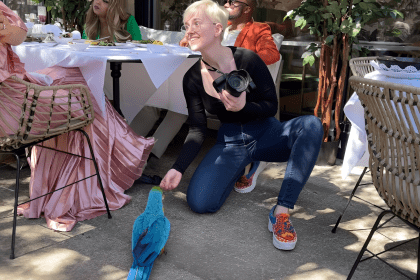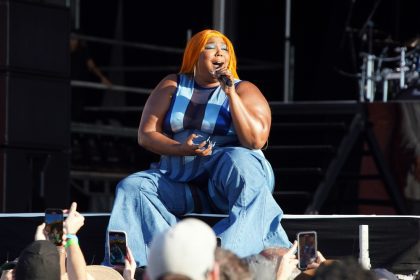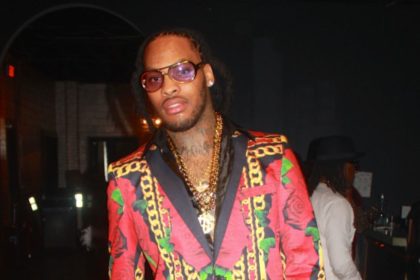 The music game has changed. The fans know it, the artists know it, but it seems like in many cases, labels still haven’t acknowledged it. While fans, artists and new media journalists have turned acts into stars using marketing tactics that rely as heavily on the Internet as on live shows to build an organic buzz, majors have yet to catch on.
The music game has changed. The fans know it, the artists know it, but it seems like in many cases, labels still haven’t acknowledged it. While fans, artists and new media journalists have turned acts into stars using marketing tactics that rely as heavily on the Internet as on live shows to build an organic buzz, majors have yet to catch on.
But, with its Spotlight Series, Warner Music Group is trying its hand at something new. Started by Moses Davis, the Atlanta office is the first to start what Davis hopes will be a new way to introduce “underground” artists to labels and fans alike, through listening sessions and live performances. First up on the list was the celebrated hip-hop jazz collective, the Jaspects, who have already garnered a strong fan base with their first three albums and with a feature on CNN’s 2008 series, “Black in America.”
 “I decided to have the Jaspects [featured in the first event] because they embody where music is headed,” Davis says. “It’s a place where genres don’t matter; it’s just about good music. I think it’s something different that we should pay attention to as an industry to help expand our brands and touch other demographics.”
“I decided to have the Jaspects [featured in the first event] because they embody where music is headed,” Davis says. “It’s a place where genres don’t matter; it’s just about good music. I think it’s something different that we should pay attention to as an industry to help expand our brands and touch other demographics.”
Stars like Asher Roth, the Cool Kids, Wale and Kid Sister have made significant inroads in the industry by going the nontraditional route in marketing, and major tastemakers like Greg Street and Don Cannon have hopped on the bandwagon. Cannon is hosting the Cook Kids new mixtape, Gone Fishing and Greg Street recently deejayed for their show in Atlanta. That acknowledgement has lent legitimacy to the emerging acts.
From Internet rappers being signed to major labels (see: Asher Roth) to landing endorsement deals, the old business music model has been thrown out the window, and by and large, artists have gained from it. That’s one of the reasons Davis was so adamant about introducing his series. The gap between the underground and mainstream world is quickly closing, and he knows it.
“I think this can be a tool in the direction of merging the underground and mainstream,” Davis says, referring to his series. “I think this is a big step in that direction, [and] hopefully, others will see how beneficial it is to both parties artistically and financially.” –jh









